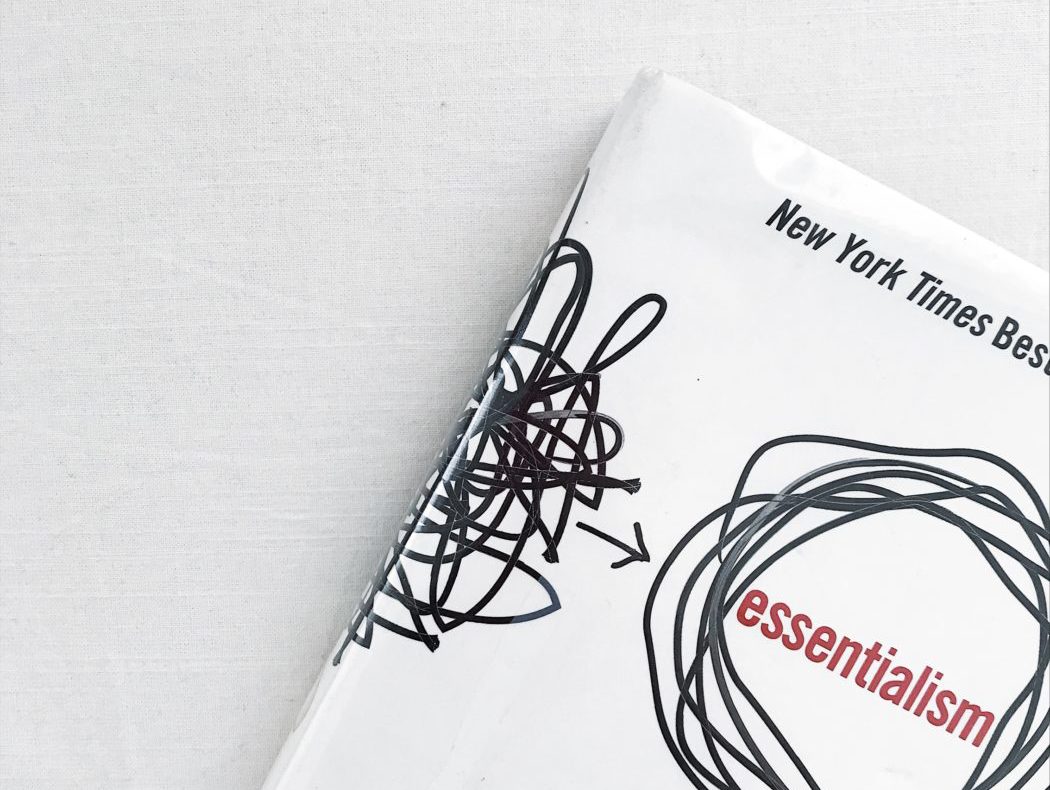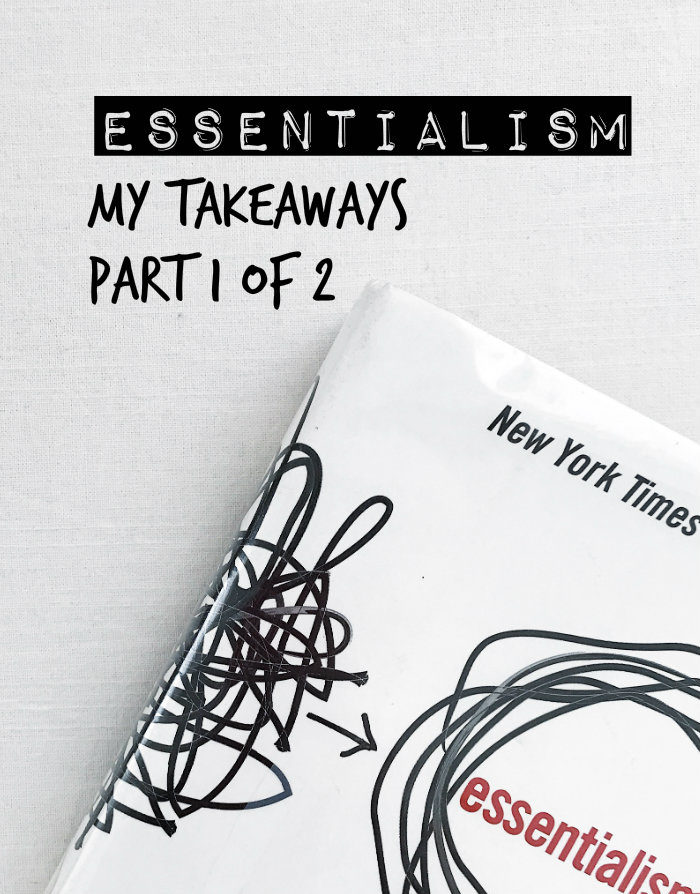Essentialism by Greg McKeown is a book that I highly recommend to everyone who is interested in all things minimalism, productivity and focusing on what’s truly essential in life. In the following, I summarized my key takeaways from the book. I divided this into 2 parts. Here is part 1, with part 2 to be found here.
1) Nonessentialist Fallacies Vs. Essentialist Core Truths
Throughout the book, the author contrasts nonessentialism fallacies with essentialism truths. In order to live the life of an essentialist, you must conquer the following nonessentialist assumptions:
- I have to.
- It’s all important.
- I can do both.
The above three fallacies need to be conquered by the essentialist’s three core truths:
- I choose to.
- Only a few things really matter.
- I can do anything but not everything.
2) Use Your Ability To Choose
According to McKeown,
choice is at the very core of what it means to be an Essentialist.
How often do you tell someone (or yourself) that you have to do something. Oftentimes without thinking about if that’s actually true. You often forget that you have the possibility to choose to do certain things as well as to choose NOT to do things. You often surrender into obliging to tasks that shouldn’t be your priority. The power of the essentialist inherently lies in his/her awareness and ability to choose – and to choose well-considered.
3) Take Your Time To Distinguish The Vital Few
While a nonessentialist thinks (almost) everything is important, an essentialist only chooses his/her top priority to pursue. In order to find these, it’s important to spend some time looking for or distinguishing what these vital few are. You don’t want to settle for the merely good ones but the things you truly can’t pass up. Finding these can take some time, but that’s ok and worthwhile.
4) Trade-Offs Are Not A Bad Thing
By choosing only the vital few, you inevitably have to make trade-offs. Essentialists don’t see those in a negative light.
Instead of asking, ‘What do I have to give up?’ they ask, ‘What do I want to go big on?’
As an essentialist, you don’t want to do all the things after all. It doesn’t get you very far. Making trade-offs is important for the greater good. Thus, start looking at them from a positive viewpoint!
5) Systematically Select The Best Opportunities
McKeown offers an easy framework for choosing the right opportunities for you to pursue. Whenever a new idea or project comes your way, do the following:
- Opportunity: Write down the opportunity that is being offered to you.
- Minimum: Write down your 3 minimum criteria for this opportunity in order to be considered.
- Extreme: Write down your 3 ideal criteria the opportunity would need to pass in order to be considered.
You’ll only say “yes” to the opportunity if it passes all 3 criteria of no. 2 as well as 2 ideal criteria of no. 3.
6) Don’t Forget To Eliminate The Trivial Many
You tend to value the things you already own more highly than they’re actually worth (looking at the closet metaphor here). Therefore, it’s harder to let these items go. The same goes for the things you do. Oftentimes it’s not that easy to just stop doing something you’re used to be doing. Typically, the more time you’ve spent on something, the harder it is to give it up. Because you already spent all this valuable time doing it, you can’t possibly give it up! See how hard it can be?
In order to escape this thinking and eradicate the trivial many, ask yourself the following: If I didn’t have this opportunity, what would I be willing to do to acquire it? Be honest and ruthless with yourself and eliminate the unimportant once and for all.
7) Cut Your Losses
This one goes hand in hand with the above. In order to become a true essentialist, you have to get comfortable with walking away from dead ends and opportunities that are not worth pursuing anymore.
And Essentialist has the courage and confidence to admit his or her mistakes and uncommit, no matter the sunk costs.
Other than a nonessentialist, an essentialist can admit having made a mistake and is comfortable changing directions.
Read part 2 of my takeaways HERE.
Have you read “Essentialism”? If so, what did you take away from it?
PIN IT:


